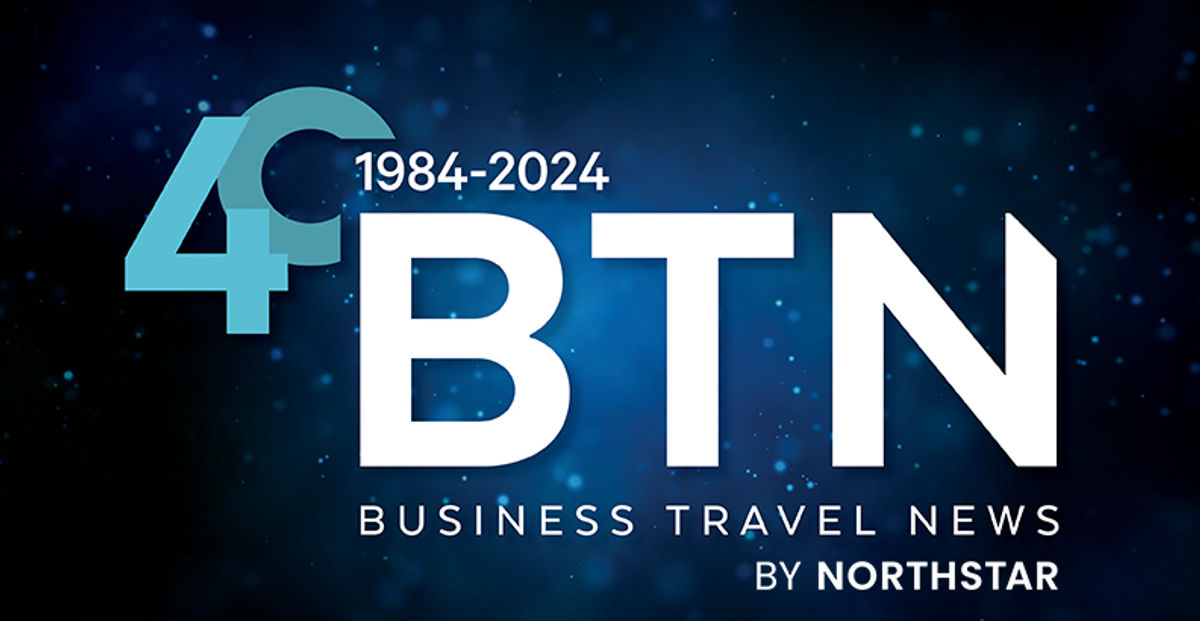Business travelers reported experiencing more “friction” than leisure travelers in planning their journeys, particularly when it comes to finding accommodation, according to a report by Amadeus based on a survey of 1,013 U.S.-based travelers.
Amadeus’ “Friction Removed” report, based on research conducted by market research organization Mercury Analytics during the third quarter of 2024, showed 45 percent of business travelers found the process of selecting suitable accommodation distressing, a 12-percentage-point gap compared with the 33 percent of leisure travelers who said the same. Other areas of friction where there was a significant gap included comparing prices for travel across sites, distressing to 44 percent of business travelers compared with 39 percent of leisure travelers, and understanding fees and taxes, a problem for 42 percent of business travelers compared with 36 percent of leisure travelers, the report indicated.
While airport security ranked as the top point within a journey that travelers found challenging, cited by 49 percent of total respondents, it trailed both the airport check-in process and getting transportation to and from and airport for business travelers, with each being named by 44 percent of business travelers as a challenge, compared with 42 percent of business travelers who named airport security.
“Additional business traveler pain points mentioned overbooked flights and the discomfort of crowded or poorly serviced airplanes,” according to the report. “Complaints about seating discomfort and lack of personal space are also recurring themes, highlighting the importance of comfort during travel for business purposes.”
The study indicated the higher frequency of travel for business travelers compared with leisure travelers could account for some of the higher levels of friction.
In terms of what business travelers want to reduce friction, self-service options ranked at the top, cited by 58 percent of business traveler respondents. Other solutions cited by at least half of business travel respondents included automated travel and expense tracking (54 percent) and digital/biometric identification (50 percent).
A subset of business travelers said they would like to see less technology in some situations.
“Some 20 percent of those questioned would like to see less connectivity/Wi-Fi, perhaps suggesting a desire for a moment to disconnect during a flight, while 14 percent would like less technology when it comes to automated reallocation of travel plans when disruption occurs,” according to the report. “The latter again suggests these business travelers seek independence, working to make their own decisions rather than seeing trips replanned without their input.”

